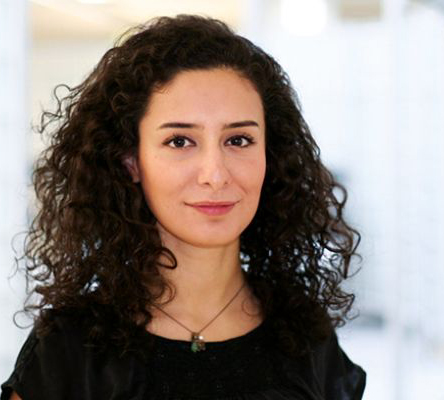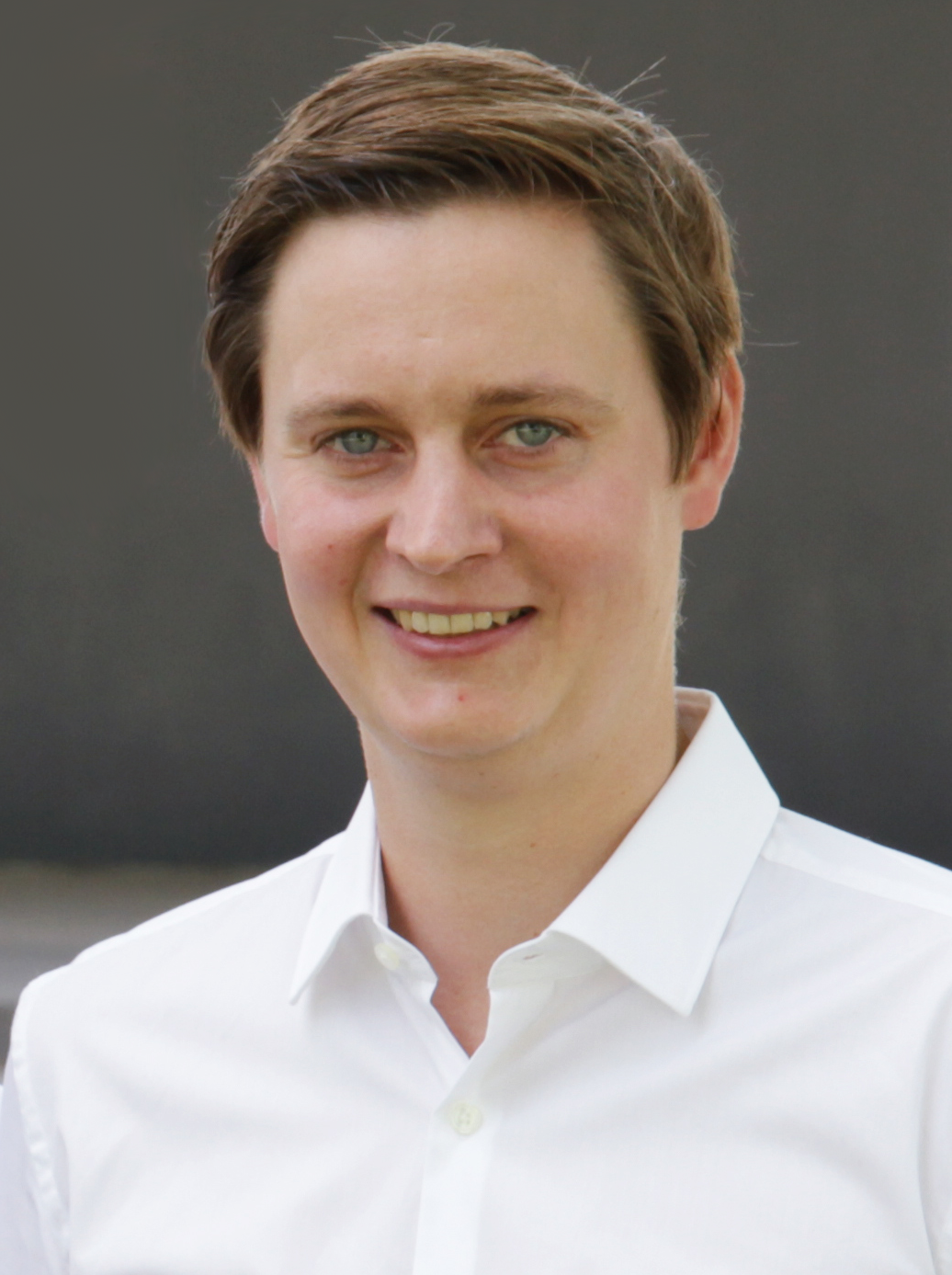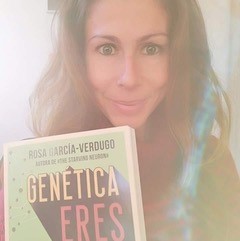
Rosa Garcia-Verdugo studied biochemistry and after some years at the bench, got a PhD in Neurobiology at the Max Planck Institute. She was an IMPRS-LS student from 2010 to 2015, working with Prof. Dr. Tobias Bonhoeffer. She is the founder of the website starvingneuron.com and collaborates with various science outreach networks in Spanish and English. Rosa currently works as a science journalist for the German Cancer Research Centre and as a freelance writer and communication consultant for biotech companies and European-funded research projects.
I would like to start with asking you about your memories of IMPRS, what was your project about and how do you remember your time as an IMPRS student?
My project dealt with neuronal plasticity in the mouse visual cortex and since it was an in vivo project, I worked with a mouse and a microscope. It was a very challenging, frustrating and lonely time but the IMPRS group we had, was really nice. I remember very fondly the IMPRS retreat, it was really fun and most of the workshops and talks were interesting. It was a good part of the PhD. Without it, it probably wouldn’t have been as good.
Was it already during your PhD time that you became interested in scientific communication?
Actually, it started before then. I was working in Barcelona in a research lab and, through a postdoc friend and some open science festivals that I was involved in, I started getting interested in the topic. Then, I started my own blog. It was a really small site, but it started growing. I started building a network, getting in touch with like-minded people who were doing it and were more read more

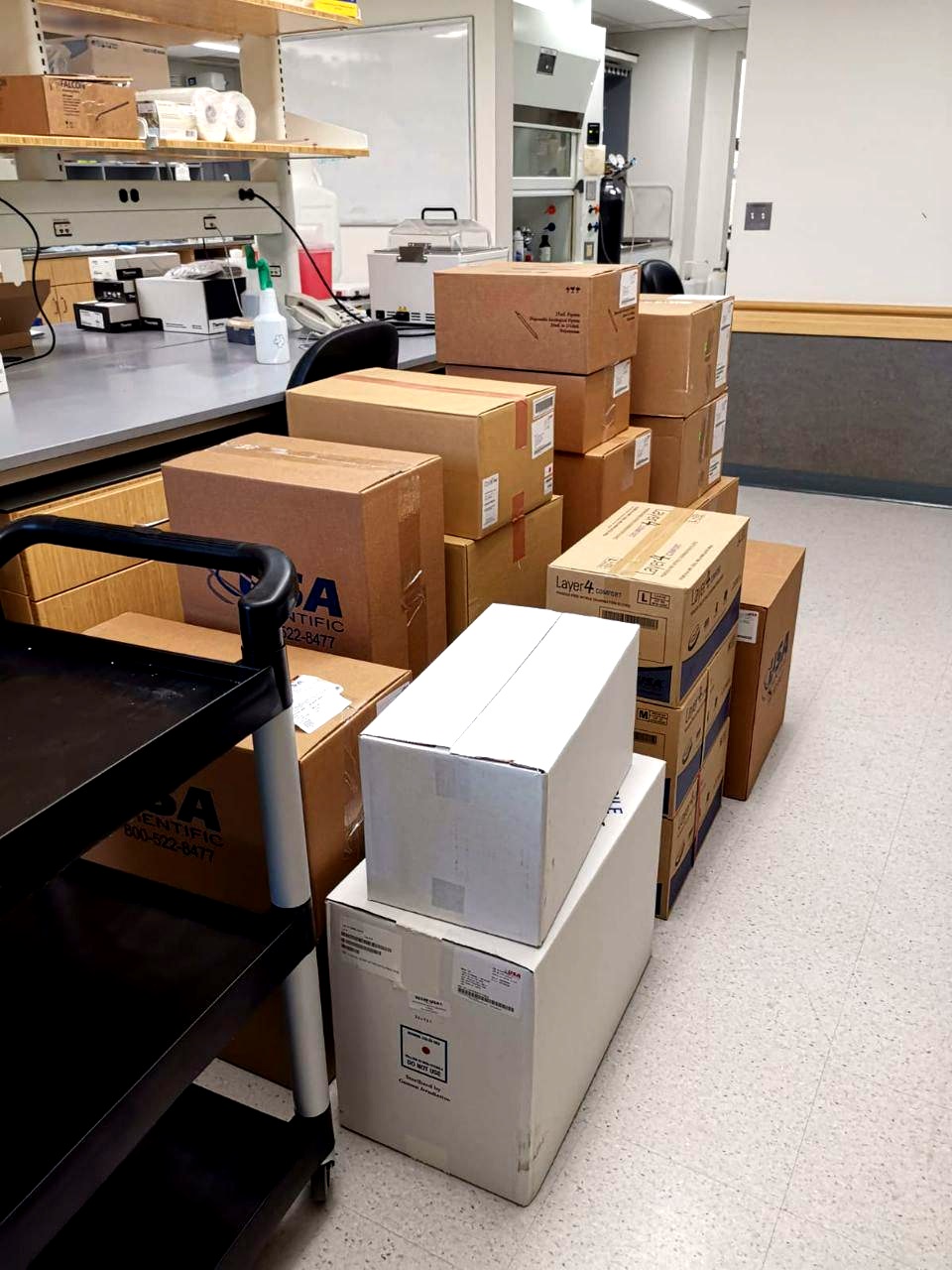 The process of obtaining a doctoral degree is like a scavenger hunt without a map – thrilling, fun but also exhausting. All of us face completely new situations and adventures with lots of surprises and unexpected twists in work and lifestyle. Not only science itself, but also the working environment features fluctuations and changes. Surely, you noticed the continual coming and going of not only staff but also labs in big institution like the Max Planck Institutes, but never cared until you are one of them. It is not eyebrow-raising that some of us deal with the moving of their lab during their PhD time – but you are not alone (just google it!). Although organizations are rather bad at keeping track of numbers, there are plenty of reports of students. At least three labs with IMPRS PhD students came to meet these obstacles – willingly or unwillingly (I am one of those – hooray!).
The process of obtaining a doctoral degree is like a scavenger hunt without a map – thrilling, fun but also exhausting. All of us face completely new situations and adventures with lots of surprises and unexpected twists in work and lifestyle. Not only science itself, but also the working environment features fluctuations and changes. Surely, you noticed the continual coming and going of not only staff but also labs in big institution like the Max Planck Institutes, but never cared until you are one of them. It is not eyebrow-raising that some of us deal with the moving of their lab during their PhD time – but you are not alone (just google it!). Although organizations are rather bad at keeping track of numbers, there are plenty of reports of students. At least three labs with IMPRS PhD students came to meet these obstacles – willingly or unwillingly (I am one of those – hooray!).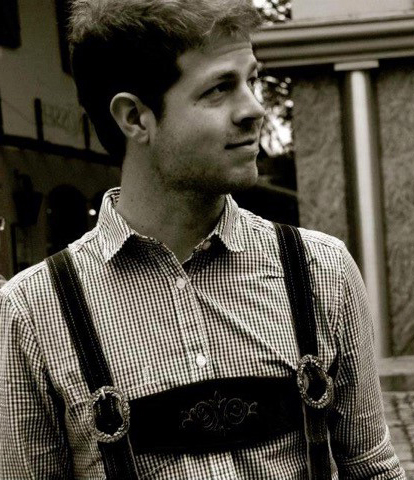
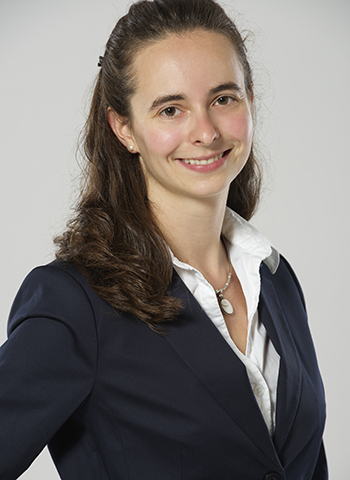 Short biography
Short biography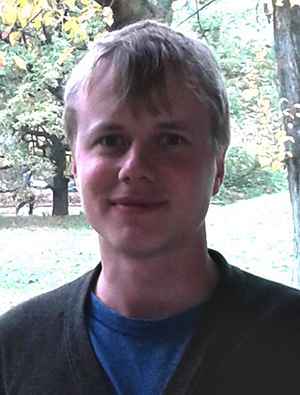 Short Biography
Short Biography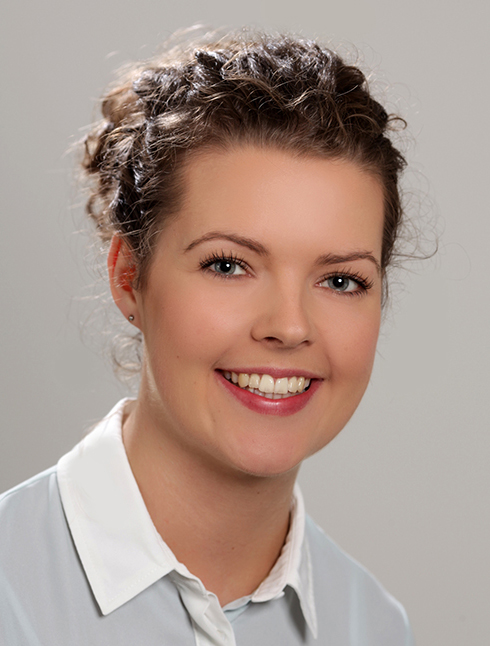 Why did you decide to come to Germany and how did you adjust to the changes in language and culture?
Why did you decide to come to Germany and how did you adjust to the changes in language and culture?